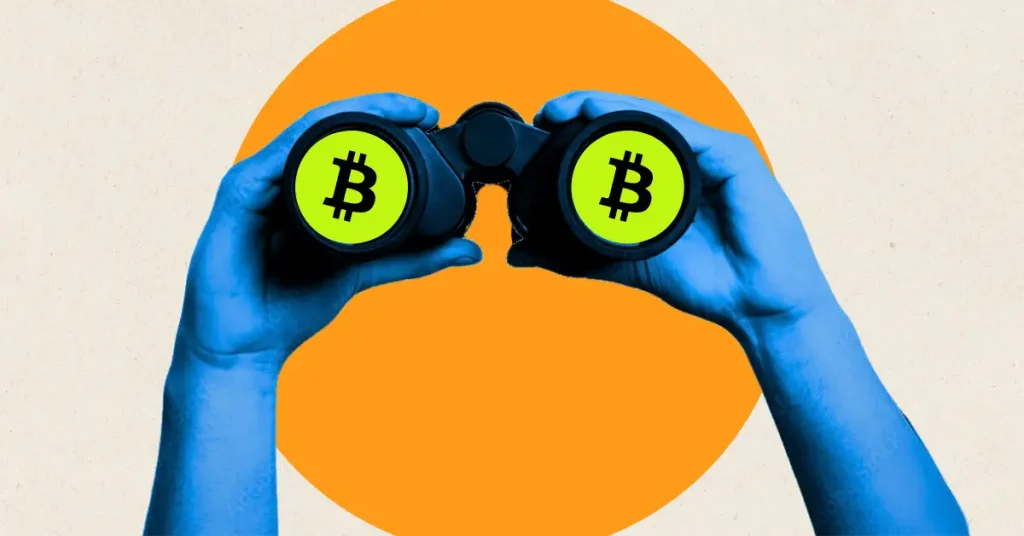Mathematician Giovanni Santostasi argued that whether it was 10 years ago, 15 years ago, or today, it is always the right time to invest in Bitcoin due to the power law model. Santostasi, a neuroscientist and astrophysicist, is known for proposing the Bitcoin power law model.
During an interview with Simply Bitcoin, he explained that if you invest today and wait 15 years, you’re effectively doubling Bitcoin’s existence time. The power law suggests exponential growth over time, where if Bitcoin’s time doubles, its value can grow significantly. This model links Bitcoin’s price movements to time, suggesting that its price can be more accurately predicted through this relationship. However, the power law model has faced criticisms.
Despite these criticisms, Santostasi and supporters like mathematician Fred Krueger maintain that the power law is a great scientific approach to forecasting Bitcoin’s future performance. Krueger, who was also present during the interview, countered Michael Saylor’s arguments by asserting that models are still useful in estimating Bitcoin’s growth. While Saylor predicted a 24% compounded annual growth rate (CAGR) for Bitcoin, Krueger argued that the actual CAGR is closer to 44%, with a decreasing trend over the next two decades.
Santostasi suggested an aggressive investment strategy for younger Bitcoin investors with a long-term horizon. He believes this strategy could yield 100 to 150 times the initial investment after 15 years.Santostasi explained that the power law model suggests significant long-term gains, potentially 64 to 150 times the initial investment over 15 years.
Using this model, Santostasi estimates that Bitcoin could reach $1 million per coin in about 10 years. He explained that scale invariance helps us understand the significance of events such as the recent approval of several spot Bitcoin ETFs, which have enabled thousands of retail and institutional investors to invest in Bitcoin. According to Santostasi, while these events are crucial for Bitcoin’s growth, they won’t dramatically alter its price trajectory because the expansion of the network has always been a part of the model.


